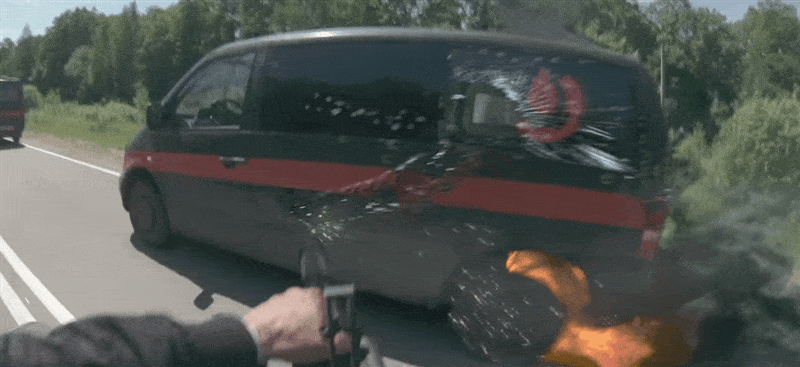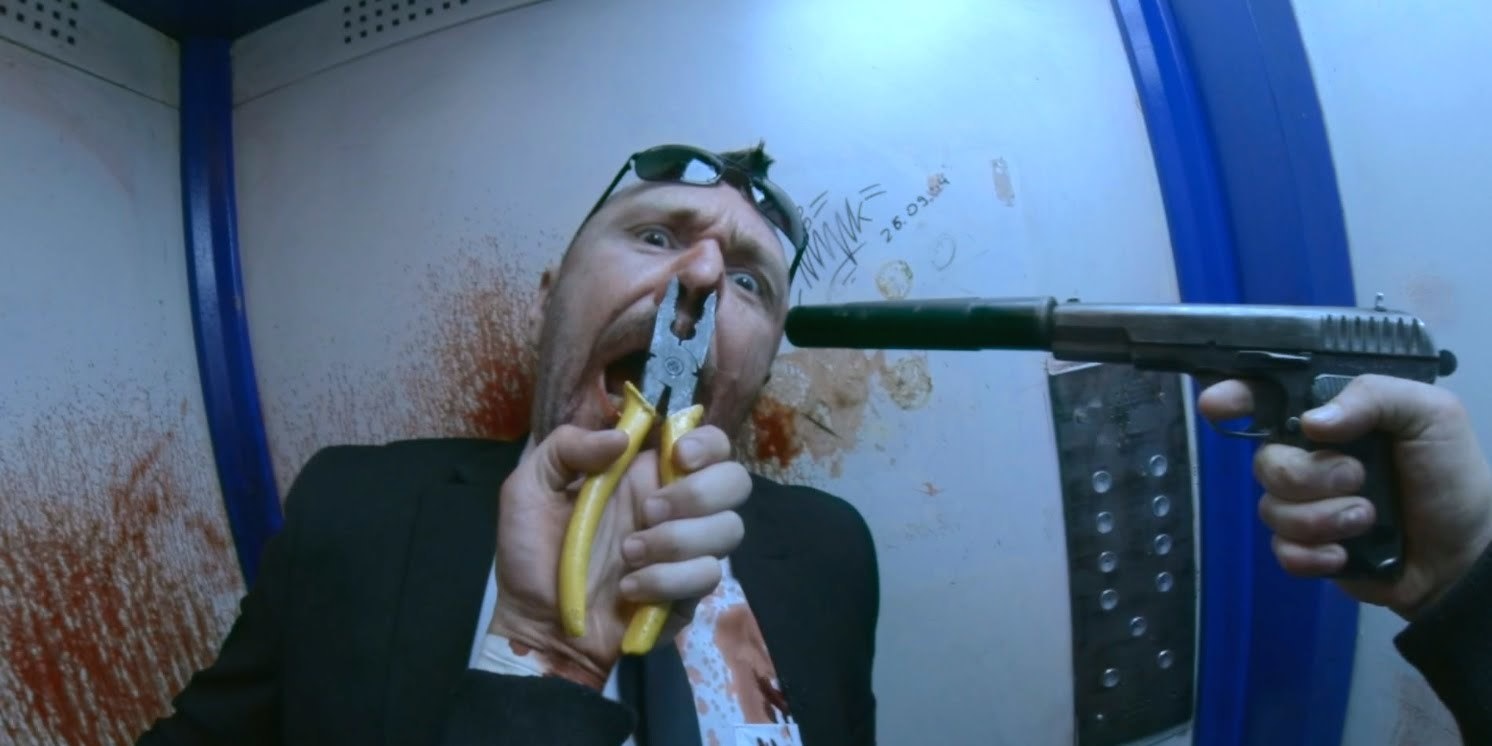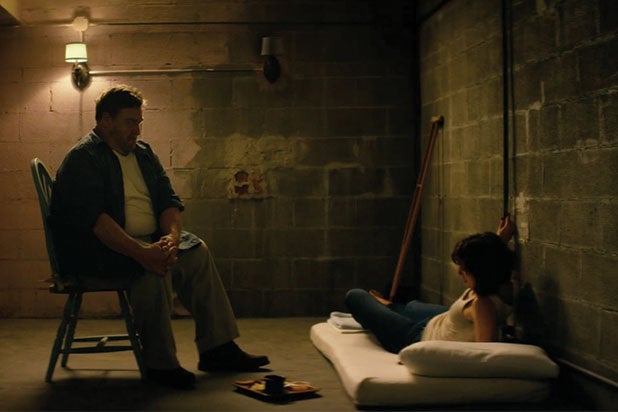This week belongs to Batman v Superman: Dawn of Justice - the hype, the box office, the slew of bad reviews and the memes that follow (sad Ben Affleck is heartbreaking).
The discrepancy between the critics and audience is staggering: 29 vs. 73 percent on Rotten Tomatoes. It seems fitting, considering Man of Steel's rocky relationship with the public. They either loved it or hated it, and there was no middle ground. Dawn of Justice seems to be following footsteps.
So where do I stand?
It's ok. It's all right. It's adequate, the very definition of middle-of-the-road. Why not put that quote on the DVD?
 Bruce Wayne (Ben Affleck) was in Metropolis during General Zod's attack. He blames Zod and Superman (Henry Cavill) for the murder of thousands, especially his employees in the collapsed Wayne Tower. Clark Kent is investigating the Batman, and is appalled. Batman tramples on civil liberties, he says, acting as a loose-cannon vigilante.
Bruce Wayne (Ben Affleck) was in Metropolis during General Zod's attack. He blames Zod and Superman (Henry Cavill) for the murder of thousands, especially his employees in the collapsed Wayne Tower. Clark Kent is investigating the Batman, and is appalled. Batman tramples on civil liberties, he says, acting as a loose-cannon vigilante.
When a string of crimes linked to Lex Luthor (Jesse Eisenberg) gets the attention of both heroes, they clash, fueled by differing ideologies, in a grudge match the likes the world has never seen.
Except you have seen it, and what's worse, you have to wait to see it. The movie is two and a half hours long, and neither Batman nor Superman throw a punch until an hour and forty minutes in. Until then, we're given drawn-out speeches, dream sequences, and morsels of insight into next year's Justice League.
Dawn of Justice is a counterpart to Avengers: Age of Ultron. Both feature a gallery of new characters, conflicts between heroes, and the arduous task of setting up sequels. What makes Ultron work over Justice is its foundation. The Avengers was exhilarating, focusing on character and spectacle. Man of Steel liked to talk about Superman, rather than show him. Muted colors complemented the film's joylessness, and when mixed with Zach Snyder's manic direction, produced a tangled mess of CGI and exposition. For all of Ultron's faults, the fact remains: the foundation is strong. Dawn of Justice? Not so much.
Superman's values are instilled by his Midwestern parents; his primary understanding comes from what's right. To deter injustice, he uses an example of righteousness. Batman learns morality through the murder of his parents. His experience stems from learning what's wrong. As a result, he fights evil with fear.
Gone unchecked, Batman's vigilante justice tramples on civil liberties, a guilty-until-proven-innocent mindset.
Superman's doomsday scenario is more complex. His moral code is ingrained, so we only see justice through his (ideally perfect) worldview. If Superman is corrupted (by magic, Red Kryptonite, or grief, as in the Injustice series), justice is corrupted. And the worst part? Superman has the powers of a god. A corrupt Superman becomes an unstoppable fascist dictator.
The comic keeps the fight strictly on ideology, and because time has made both men grizzled and battle-worn, their lines of morality are tested and frayed.
This story belongs near the end of a movie series, not the beginning. This conflict needs to grow and develop, naturally, to its breaking point. Instead, Dawn of Justice adds extraneous material that dilutes the conflict and character development, making the heroes seem petty. Because Justice League is next, Batman and Superman are allowed to fight, but not TOO much.
There's a skeleton for a great Batman movie here, and judging by Affleck's directing skills and passion for the project, his upcoming solo film shows promise.
My only strong disappointment is with Cavill's Superman, and this particularly breaks my heart. The Man From U.N.C.L.E. was my second-favorite film of last year, and there, Cavill brought swagger and cool in spades. It's not really his fault; Superman has few modes besides "fight" and "brood." While Clark arguing with Perry White (Laurence Fishburne) over the Batman story is fun, for the most part, his character feels like an afterthought. After all, look who's got top billing.
Your enjoyment of Dawn of Justice will ultimately depend on three things: how much you liked Man of Steel; how much you know about DC Comics (beyond the two leads); and how much hype you go in with. The Dark Knight, this is not. Avengers, this is not. This is extra credit. Marvel has made A's and B's for years. Dawn of Justice is the flunking DC's Hail Mary, cramming as much as possible to pass.
Well, DC, you barely made it, but you passed. Enjoy the "C."
Thank you all for reading. I'm the Man Without a Plan, signing off.










